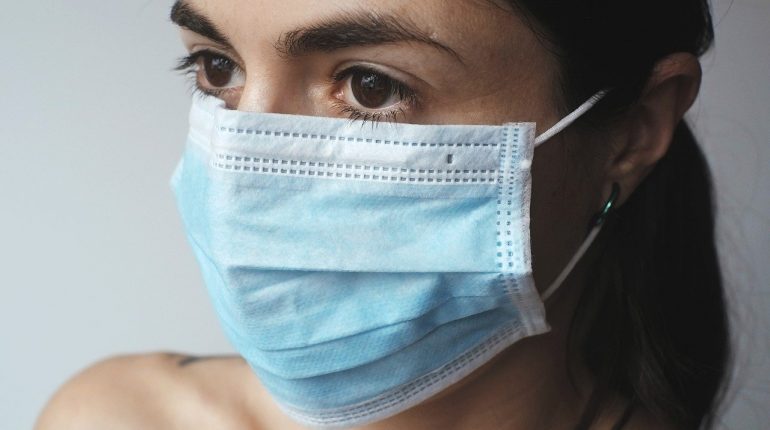
What PPE Regulations do I need to comply with for COVID-19?
PPE has been one of the hottest topics in providing the right equipment for health care workers. As we progress through recently as many businesses and manufacturers have turned their hand h the pandemic many businesses have started to open up, many are still uncertain about the PPE regulations they need to comply with to keep people safe in the office. In today’s article, we have a look at the PPE regulations you need to keep in mind when welcoming workers back into the office and making sure that protecting employees is a priority.
- Use face coverings where necessary
The current advice from the government is to wear face-covering where it may be deemed necessary in the workplace. New PPE regulations around face coverings now recommend them to be worn on public transport and can also be adopted in the workplace if the wearer feels more comfortable. Of course, the main reason for bringing in these guidelines is to stop the spread of Covid-19, which is why you should look for a face mask for sale as soon as possible so you can not only protect yourself but your co-workers and other people too. This is why you should do so where you can.
Remember, the PPE regulations currently do not require workers in non-clinical settings to wear PPE beyond the regular equipment used to help them conduct their duties safely. If you are in a clinical setting should look for the best equipment for your laboratory, including PPE, to make sure that your workers can work safely. However, this is not the case for everyone. Most industries, if allowed to operate within covid restrictions are only recommended to wear PPE. There are a few select professions that fall outside of this distinction.
- Keep gloves on hand just in case
The current PPE regulations around face coverings are similar to those that apply to gloves. Clinical nitrile gloves offer no obvious benefits when used in workplaces like offices, so whilst it may be handy to have some on hand just in case, you should not invest a huge amount of time or money in this area. Additionally, non-clinical gloves could be a good way for employees to avoid touching high-risk surfaces.
However, if you are working in a high-risk area like a hospital or any other medical facility, it becomes important that you wear medical-standard, certified gloves. With the increase in demand for safety gear, there is likely to be an increase in the supply of uncertified products that could prove hazardous if used. Always ensure that you get your gloves from trusted manufacturers like Unigloves or other reputed companies. You can learn more about Unigloves and their safety standards, along with other information about hand hygiene and glove use on their website.
- Maintain proper social distancing between desks
With the PPE regulations out of the way, you should focus on maintaining the correct social distancing with people in the workplace. A common-sense approach will work here. Make sure desks are at least 2 metres apart from the central area where an employee will be working, and make sure there are walkways which are compliant with any 2-metre distancing rules. This will help to minimise the risk of the virus.
- Keep sanitiser stations and washbasins clean and secure
When working on getting staff back in the workplace, make sure you have good handwashing facilities that are cleaned to a high standard. There are plenty of online stores, such as Clean Boss, that have a wide range of disinfectants available to purchase. Maintaining a clean, hygienic workspace is one of the best ways to combat the virus and will help keep your staff safe. Beyond that, provide hand sanitizer for workers at their desks to promote better hygiene standards.
Apply the PPE regulations where other measures are not effective
In this article, we have covered some of the basic steps to take when securing an office from COVID-19 both in terms of PPE and social distancing/hygiene measures. If you follow the social distancing measures you should not have to invest in a huge amount of PPE to control exposure. The best strategy for office-based business is to keep hygiene measures well looked after with good social distancing and some use of PPE where necessary.




